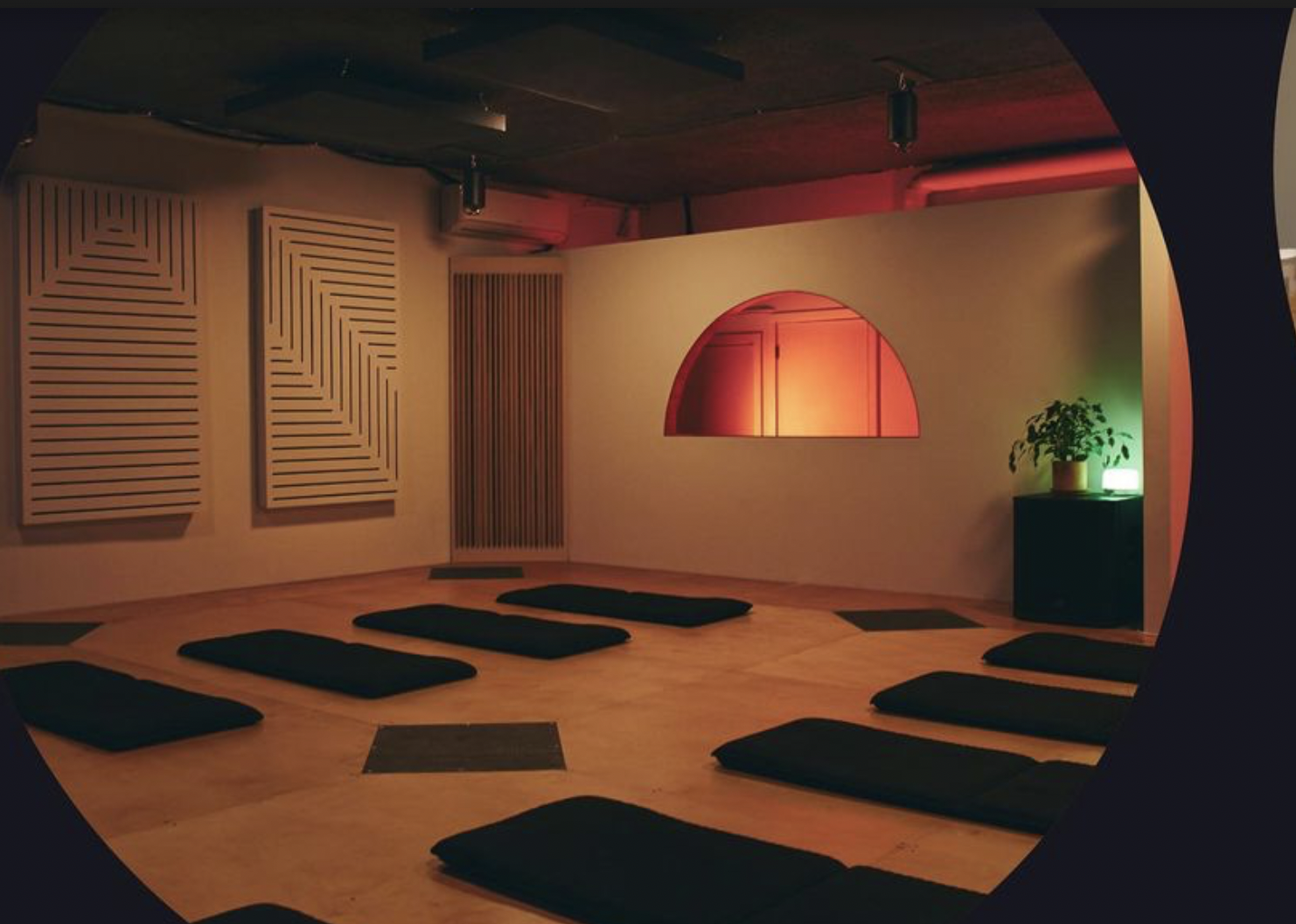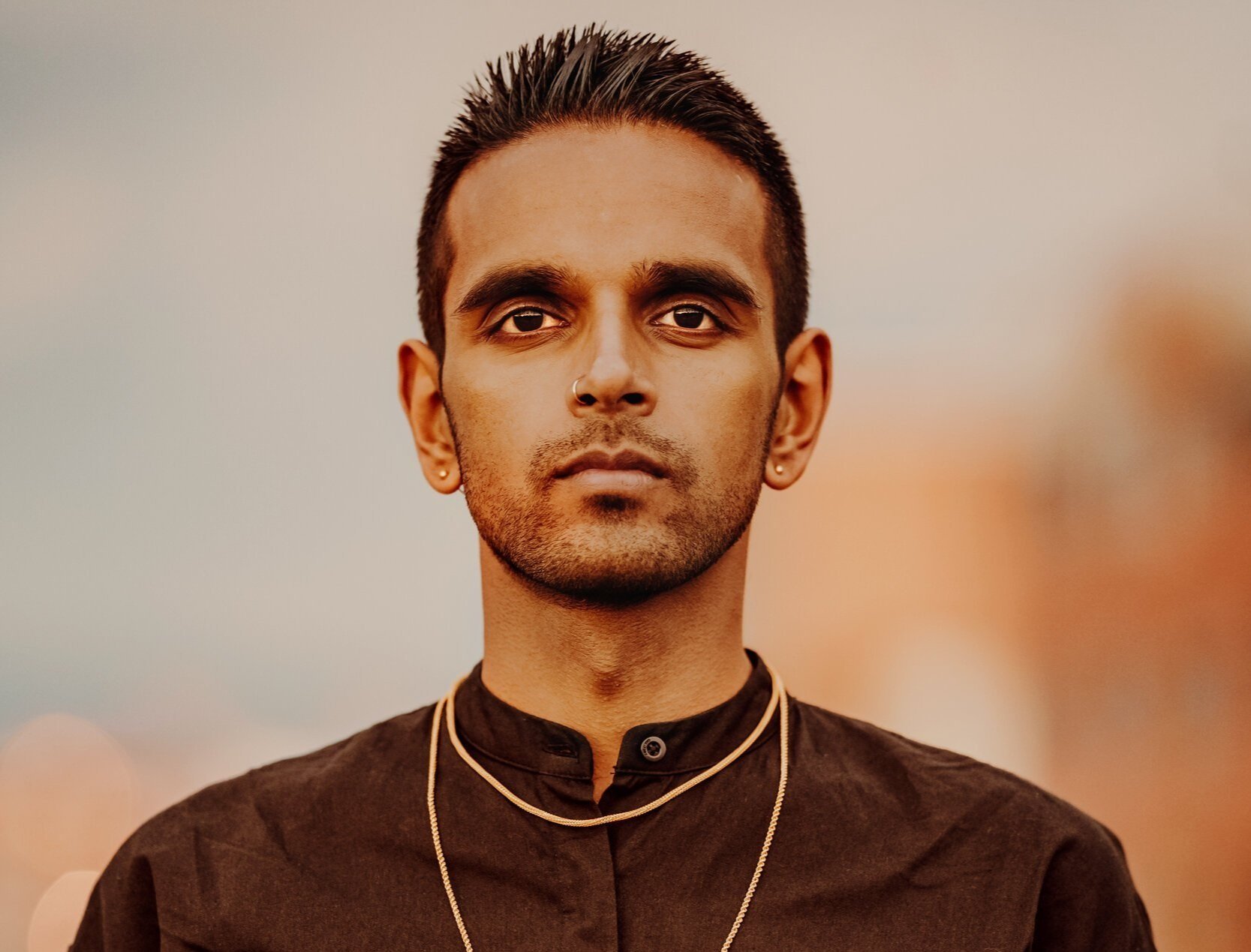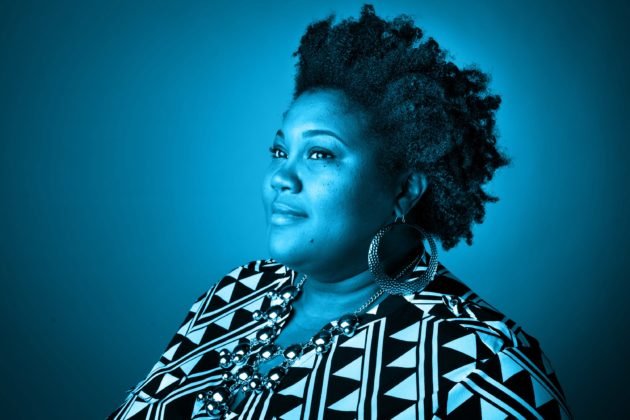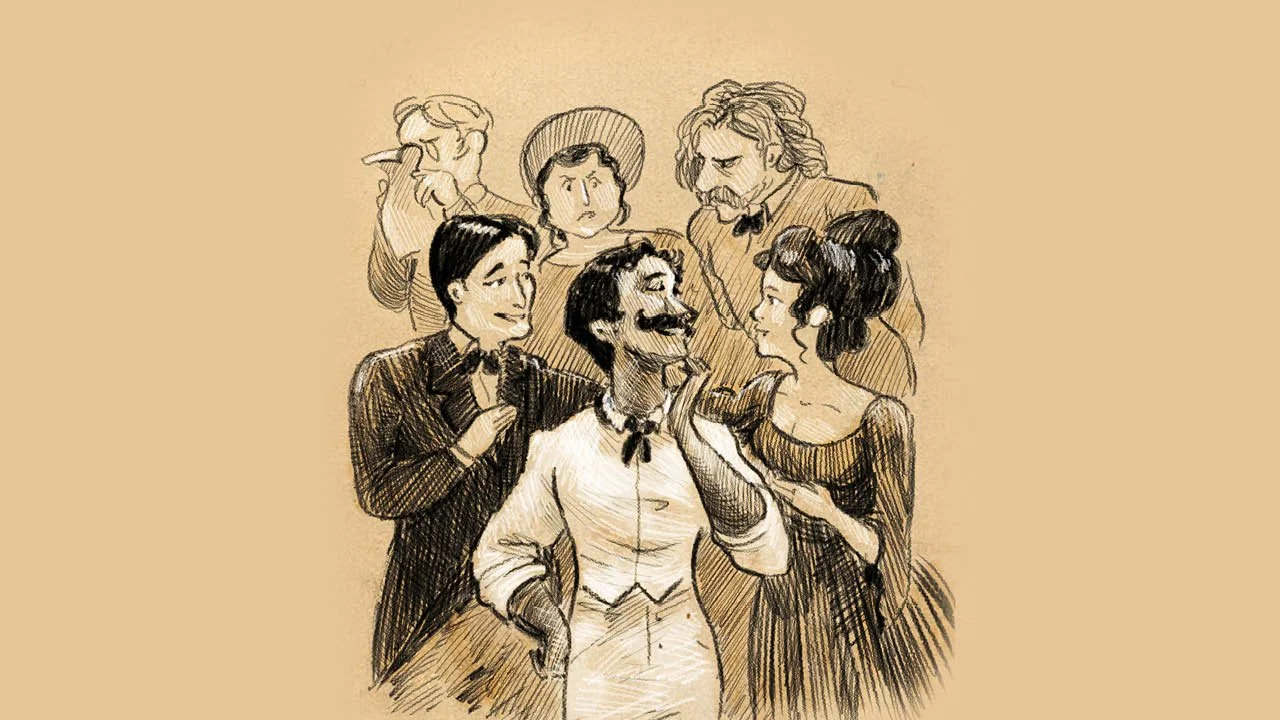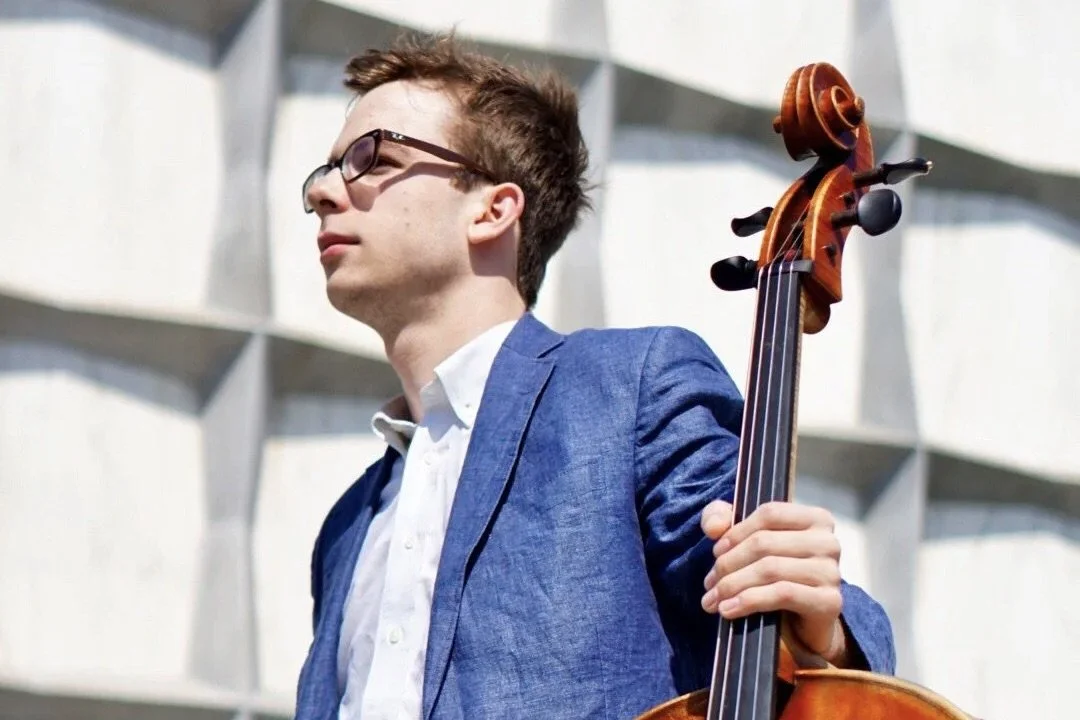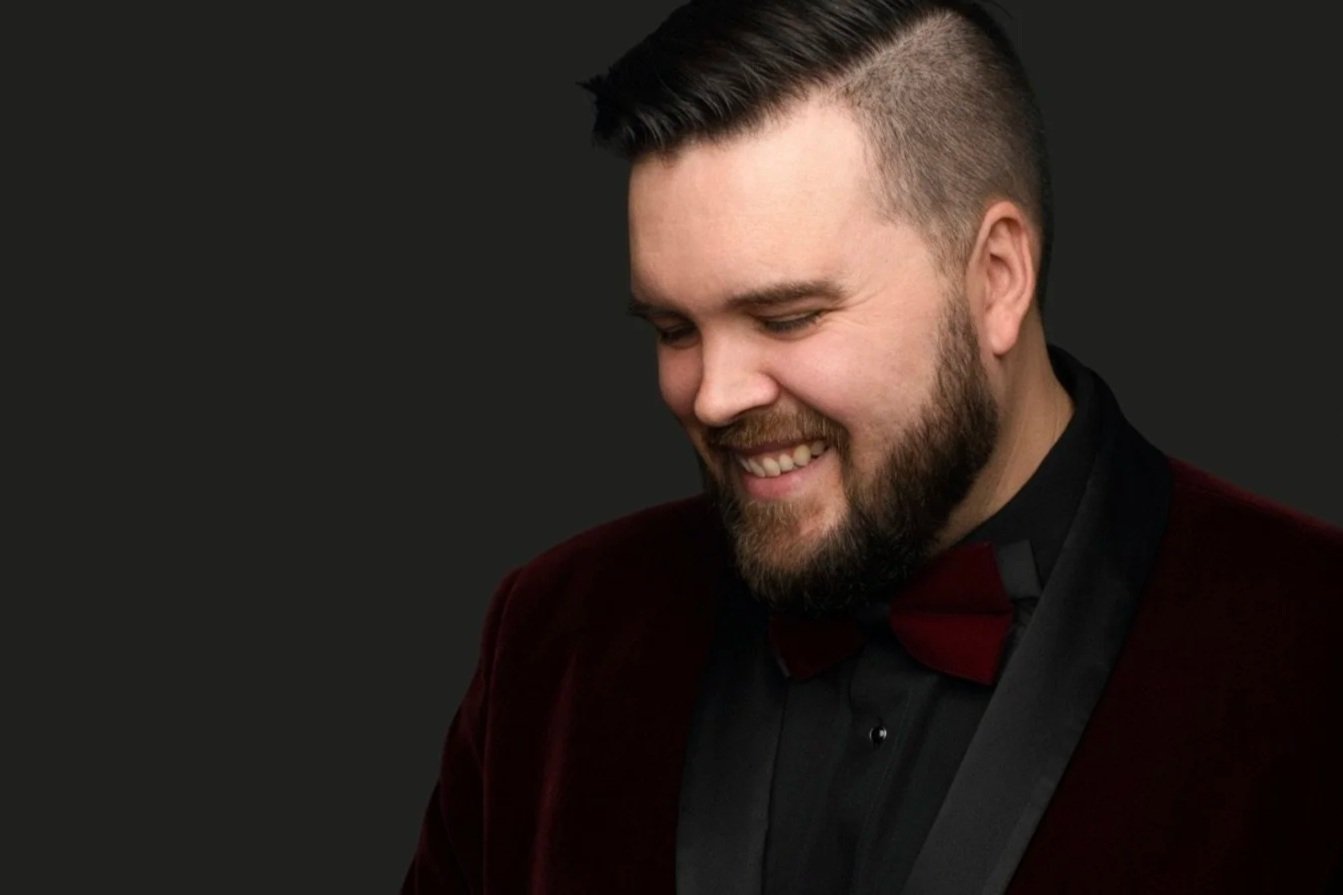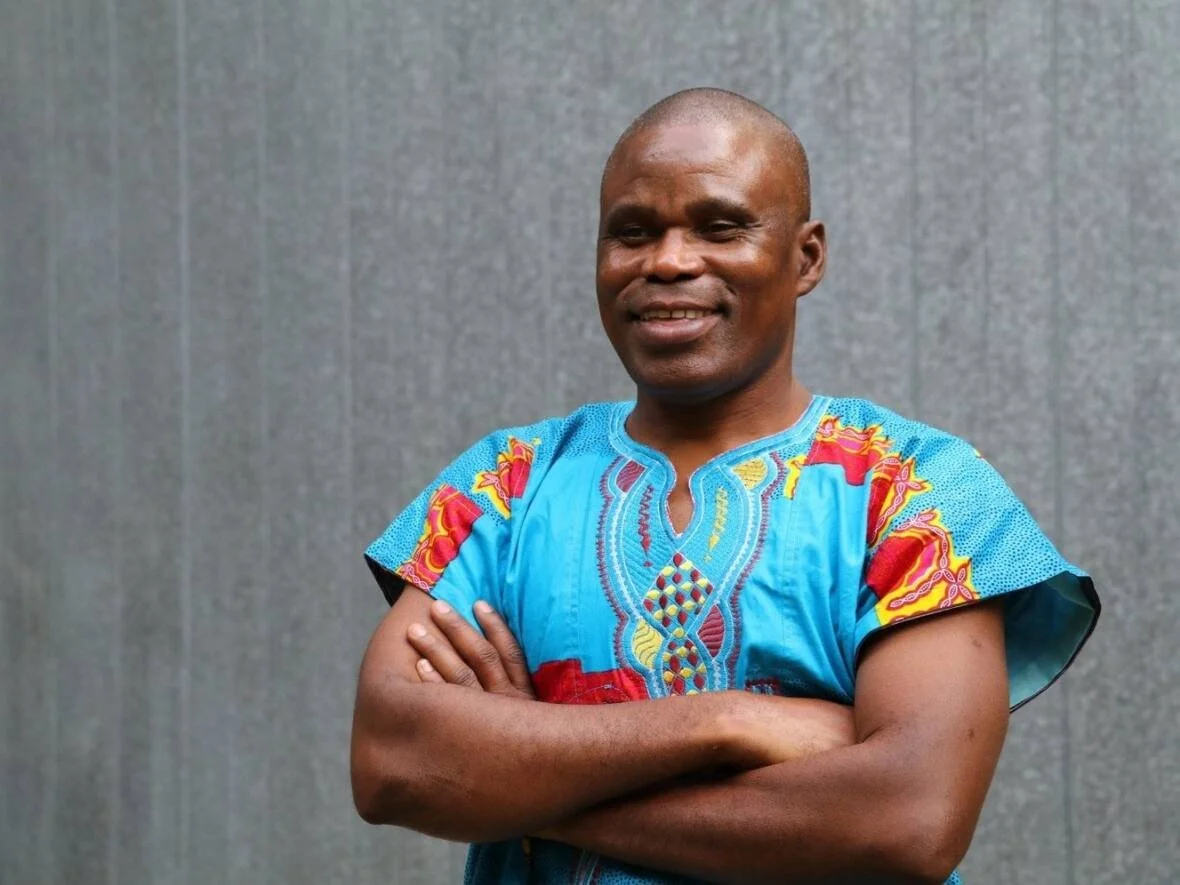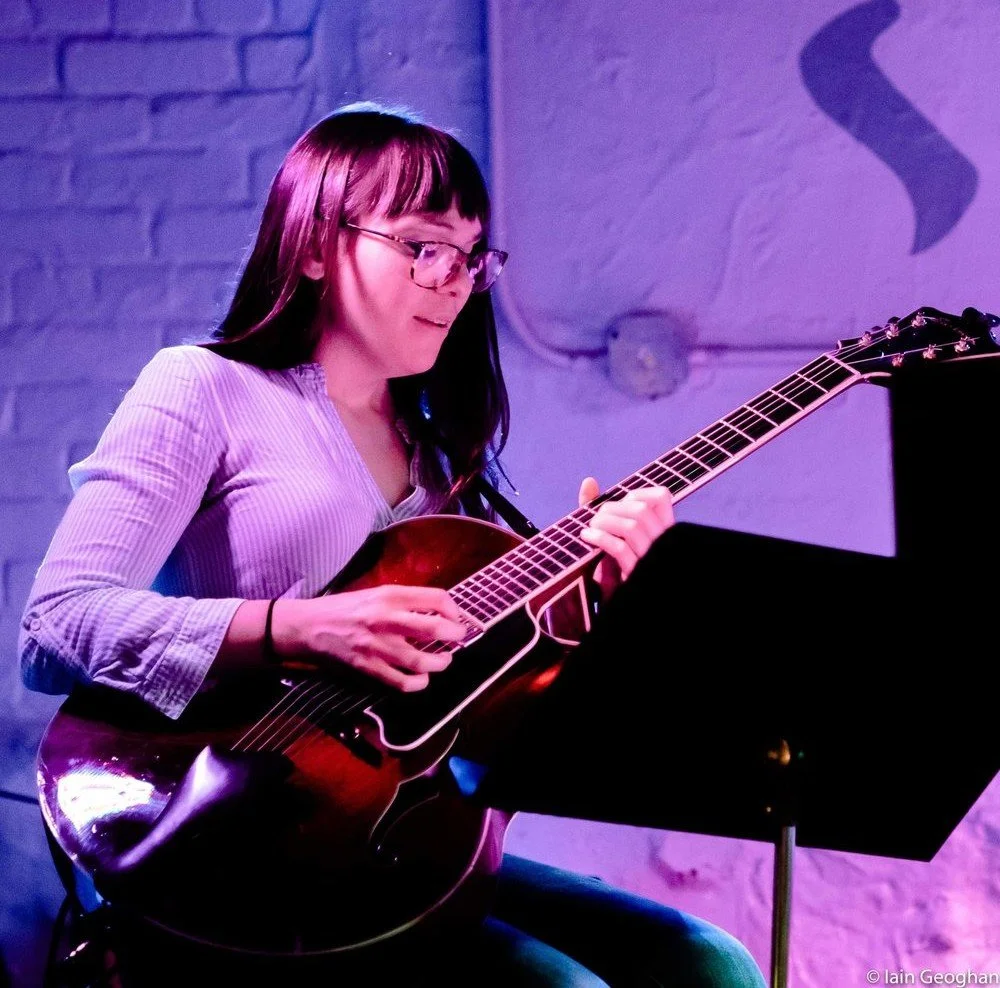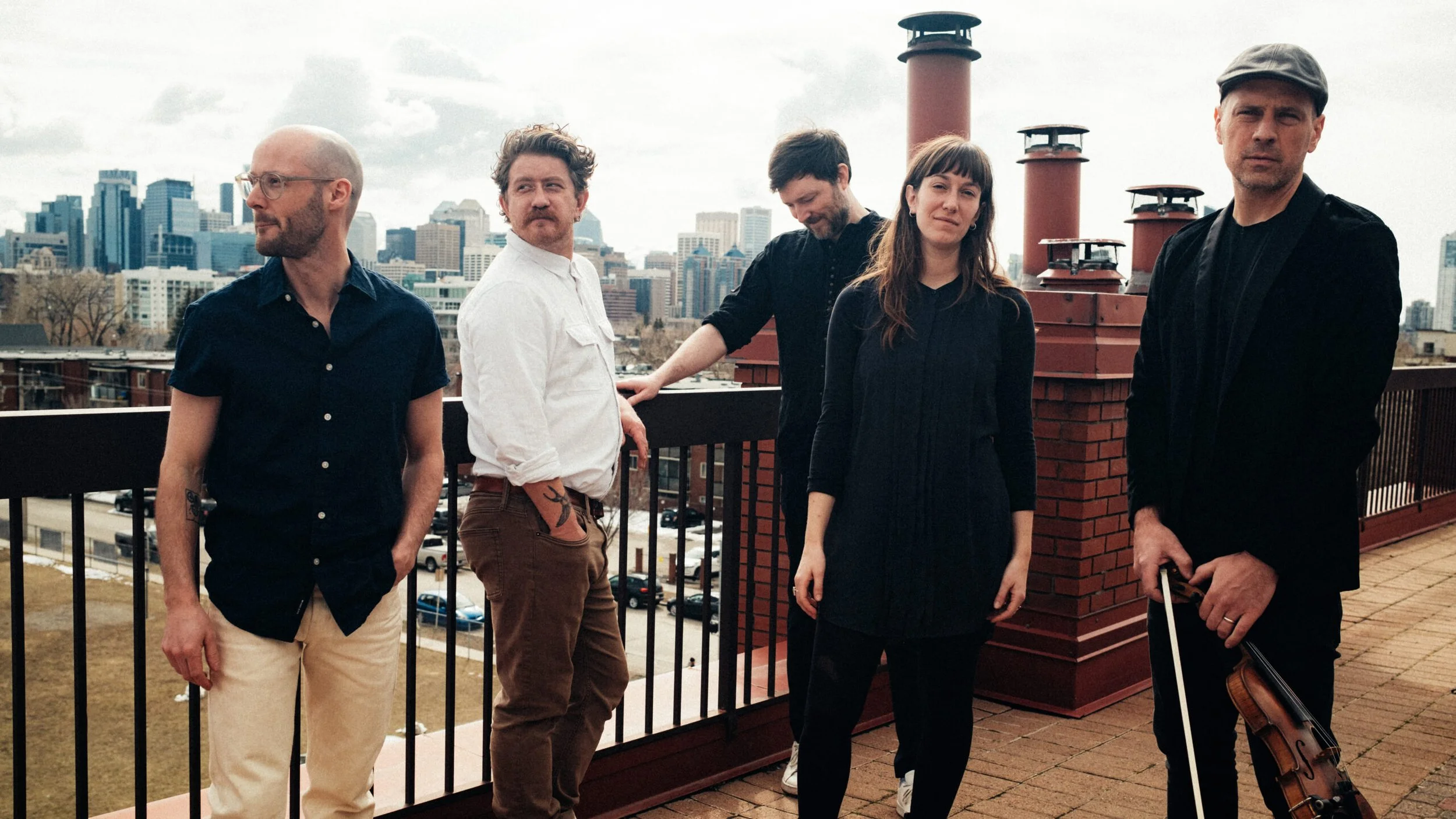Review: Voices wash over mesmerized listeners in the dark, at Vox.Infold
At the intimate PuSh Festival installation, throat-singing, soul, and other styles melt into a soundscape that comes at you from all directions
Lobe Studio
Shamik
PIQSIQ
Dawn Pemberton
The PuSh International Performing Arts Festival presents Vox.Infold at the Lobe Studio until January 30
ENTERING THE LOBE Studio on East Hastings is a bit like stepping into a yoga retreat. On this night, ten masked visitors doff their coats and tuck their shoes into cubbies and file into a quiet room with mats on the floor. But instead of stretching their limbs, they’re about to stretch their senses—especially their capacity to hear, and more importantly feel, music.
First, the setting: Lobe is a “4-D Sound” space that has speakers across the ceiling and under the floor, where there are also multichannel “vibrotransducers” that bring a tactile element to the music. Sound flows all around you, turning listening into a fuller visceral experience.
Vox.Infold is the ideal project to hear in this context. Layering and looping the voices of a diverse range of Vancouver talent with atmospheric electro flourishes, project leader Ruby Singh maximizes the potential of the space.
As you lie in the dark, voices circle past you, swoosh under you, and wash over you from all angles. Forget the dire state of fifth-wave pandemic times and submit to the rhythms and you’ll soon be channel surfing in your head, thoughts flitting from driftwood-strewn beaches to cedar-lush forests to the endless cosmos.
Singh allows each talent to take the spotlight as the pieces flow together. At times you can single out Dawn Pemberton’s soulful crescendos or PIQSIQ singers Inuksuk Mackay and Tiffany Ayalik’s rhythmic Inuit throat-singing. And it’s impossible to miss Lil’wat composer and knowledge-keeper Russell Wallace’s deep baritone rumbling up from what feels like the Earth’s core. Only occasionally can you pick out text— a small, tender “Help me” punctuates one song—the score leaning more toward vocalizations.
But Vox.Infold’s most defining feature is the lush and less definable polyphonic worlds the diverse artists create when they mix their voices together. (The ensemble also includes Dene songwriter Tiffany Moses and South Asian beat master Shamik Bilgi.) There’s something movingly metaphorical about the surging chorus melding all its traditions into a sound of its own. Though the songs sometimes channel the different styles of each performer, the overriding sense is of an atmospheric, ebbing and flowing sea of voices. The mood moves between the haunting, the ethereal, and the exuberant, but there’s always a sense of people working through it together.
When the lights go up, the after effects are similar to a deep meditation. Vox.Infold allows you to escape the competing anxieties of your brain for 45 blissful minutes, and as you walk out onto the pandemic-emptied streets again, you’re ready to face the night—peaceful, renewed, and destressed. No yoga pants required.


